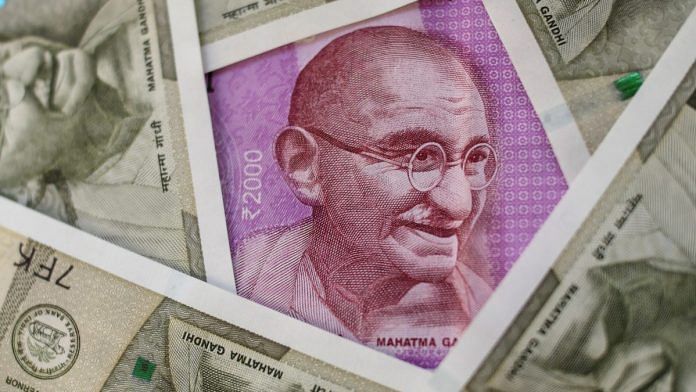
When I asked my friends why they haven’t yet invested their money, I received replies ranging from “once I get a job” to “I can only save small amounts”. A recurring question was, “Will it make me a millionaire?”
The short answer is: Yes, it will.
Investment is not a chore but should be a habit and I feel that once it becomes a habit, it can make one a millionaire. We all know Warren Buffet, a world-class investor, but very few of us know that he started his investment journey at the age of 10.
One thing I like about us is that we know all about exponential growth and compounding but none of us take it seriously when we consider investments. We just look for quick bucks that leads us to investing directly in harsh equity and the crypto market currently.
This is, frankly, not the correct way to invest.
Why should one invest?
But why should one even think about retirement when they are students or just starting out in their careers.
The first reason is compounding — time makes investments grow bigger.
The second is that it makes a person financially literate. Once you start investing money you will get curious and learn about investing.
Third, it will give you enough time to understand investments, which will prepare you to make correct decisions when the time comes for them.
Another question most people ask is: why invest when I can keep money in my savings account that provides interest.
To answer this, one needs to understand the concept of inflation. We know that the GDP of our county is increasing every year and this means that the money in our country is increasing but the supplies are limited. Therefore, as people get richer, the spending power of a commodity will increase, which will inflate the cost of the product.
The inflation rate for the year 2019 was around 7.66 per cent, which means the value of
your money decreased in that year by 7.66 per cent. This is why one needs to invest in an instrument that gives more returns than inflation.
Furthermore, the maximum interest in most banks is just around 4 per cent.
Educating oneself on investments
When I started investments, very few of us were aware about mutual funds and other things and unfortunately, even our education does not cover basic personal finance.
Basic financial literacy should be a part of engineering, MBBS and other non-commerce courses. A student should be made aware of the difference among fixed deposit, mutual funds, debt funds, index funds, NPS (National Pension System), EPS (earnings per share), SIP (Systematic Investment Plan) and other investment instruments.
However, unfortunately, these are not part of the syllabus and we cannot wait for the administration to wake up to the importance of financial literacy.
To tackle this gap in knowledge, I went to an investment advisory consultancy and told them that I wanted to begin investing. They explained the basics of the process and also advised the best way forward for me. I then went to other consultancies with more questions and I repeated this process at least five or six times.
This gave me a fair idea about the investment instruments available and then I further studied those I liked through books and the internet.
My investment advice
We all have that one friend who was able to buy a fancy phone by simply trading in the equity market, and this lured us into the trap of trading. And it most probably did not end well, creating a persisting fear of investments.
For beginners, I suggest trading in mutual funds instead of equity markets because that is a full-time job. Mutual funds will invest the money on our behalf.
There is a chance that our decision could go wrong and this is why we should start
investing in our teens — to have time even if something goes wrong.
Investment is not a destination, it is a journey and I urge everyone to start their journey as early as possible.
Siddharth Jain is a student of Times Marathalli, Bengaluru
Subscribe to our channels on YouTube & Telegram
Why news media is in crisis & How you can fix it
India needs free, fair, non-hyphenated and questioning journalism even more as it faces multiple crises.
But the news media is in a crisis of its own. There have been brutal layoffs and pay-cuts. The best of journalism is shrinking, yielding to crude prime-time spectacle.
ThePrint has the finest young reporters, columnists and editors working for it. Sustaining journalism of this quality needs smart and thinking people like you to pay for it. Whether you live in India or overseas, you can do it here.